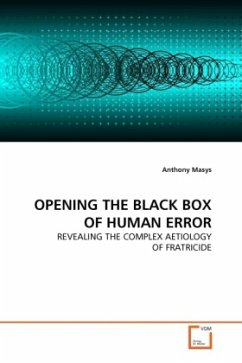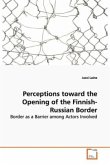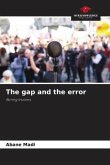Human error is often cited as a major contributing factor or cause of incidents and accidents. The opaque' veneer of blamism' that characterizes pilot/human error obscures the fact that it is comprised of a network of alliances. Through the lens of Actor Network Theory and drawing upon Systems Thinking, Complexity Theory, Psychology and the science of networks, Dr Masys describes a landscape of inherent relationality and a space of possibilities. Opening the Black Box of Human Error presents a new framework for exploring complex socio- technical systems revealing a de-centered accident aetiology residing within a network of heterogeneous elements characterized as the hybrid collectif' (Callon and Law, 1995). The analysis sheds light on a problem space in which it is difficult to separate human and non-human (technological) actors, highlighting as Latour (1994) argues, that every human interaction is socio-technical'. This work should be especially useful to professionals in HumanFactors with an interest in complex socio- technical systems and accident aetiology.
Bitte wählen Sie Ihr Anliegen aus.
Rechnungen
Retourenschein anfordern
Bestellstatus
Storno








